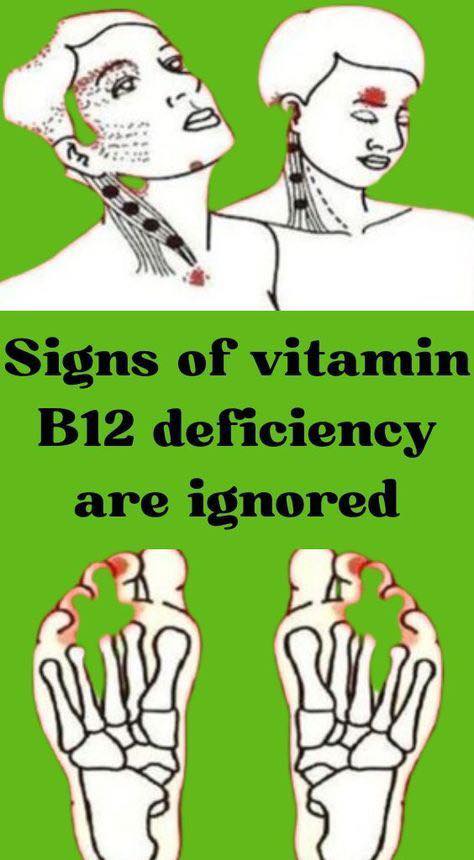ADVERTISEMENT
As B12 plays a vital role in nerve function, a deficiency can affect coordination, balance, and muscle strength. This may lead to difficulty walking or a “wobbly” gait.
5. Memory Problems or Cognitive Decline
B12 deficiency has been linked to memory problems, difficulty concentrating, and even cognitive decline or dementia in more severe cases. It may affect mental clarity and lead to confusion or mood swings.
6. Mood Changes or Depression
A deficiency in B12 can cause mood swings, irritability, or feelings of depression. B12 is important for the production of serotonin, a neurotransmitter that regulates mood.
7. Shortness of Breath or Dizziness
People with B12 deficiency may feel short of breath or dizzy, even during simple activities. This happens because a lack of B12 can impair the production of red blood cells, leading to anemia and reduced oxygen levels.
8. Glossitis (Swollen, Inflamed Tongue)
B12 deficiency can cause the tongue to become sore, swollen, smooth, and inflamed. This is called glossitis, and it often leads to difficulty swallowing or speaking.
9. Vision Problems
In some cases, a B12 deficiency can affect the optic nerve, leading to vision problems such as blurry vision or double vision due to nerve damage.
10. Digestive Issues
B12 deficiency can lead to digestive problems, including nausea, diarrhea, constipation, or loss of appetite.
ADVERTISEMENT
